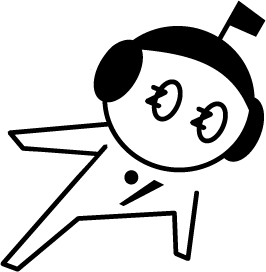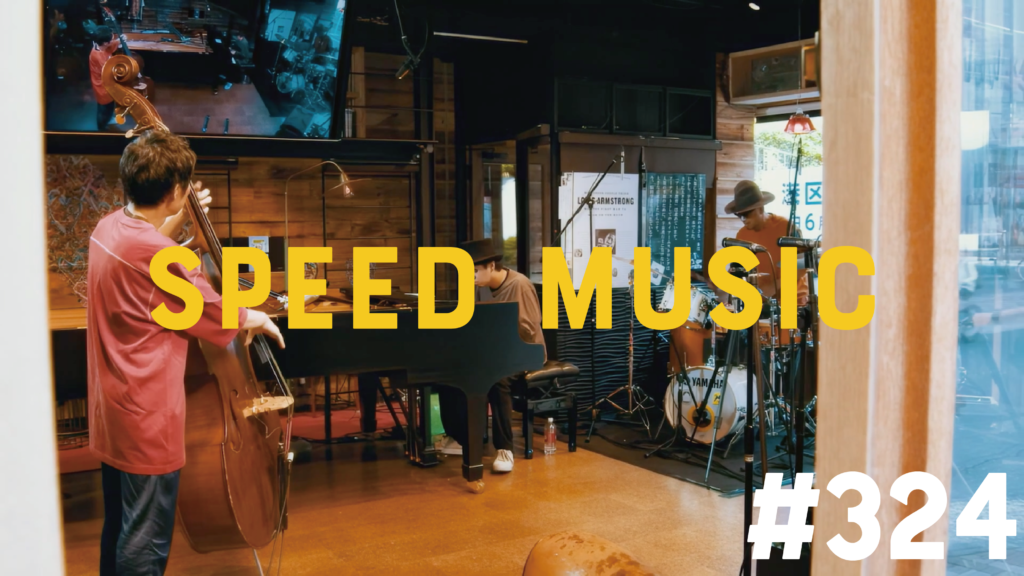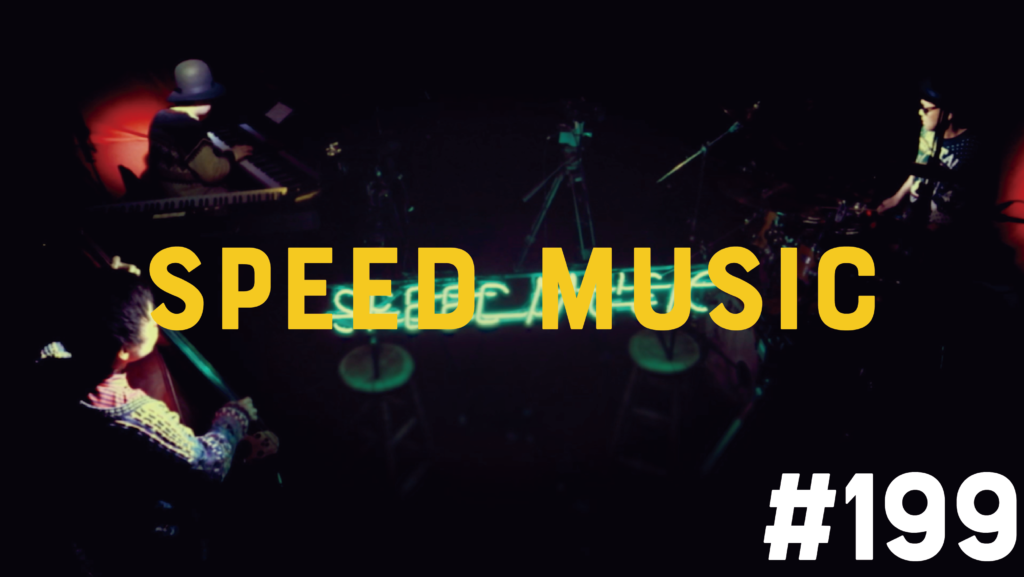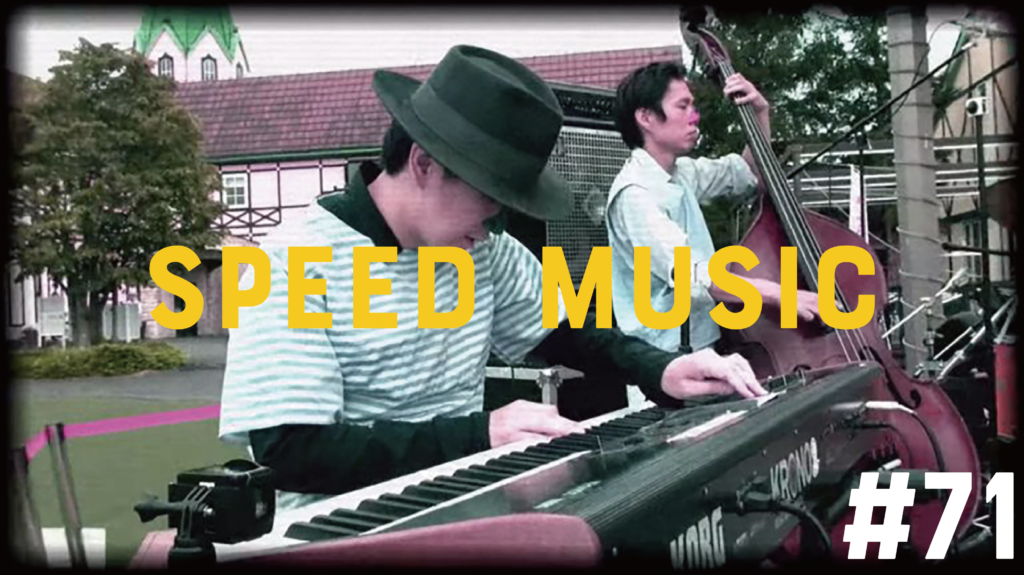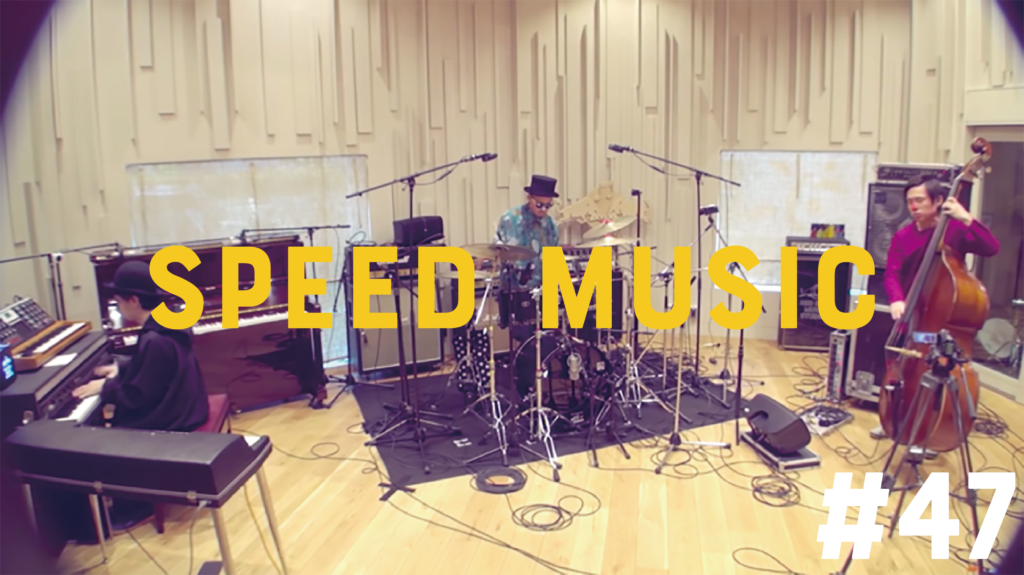#324 君たちキウイ・パパイア・マンゴーだね。 / 中原めいこ by H ZETTRIO
中原めいこが1984年4月5日にリリースした6枚目のシングル。本曲はカネボウの夏の化粧品キャンペーンのテーマソングとして企画され、「君たちキウイ・パパイア・マンゴーだね。」というコミックソングのようなタイトルは広告代理店が指定したものである。中原はこのタイトルを「太陽の日差しを浴びて色とりどりに輝く女性をイメージしたもの」と捉え、得意のトロピカルでラテン・テイストなポップソングに作詞・作曲した。(フリー百科事典 ウィキペディア日本語版より:https://x.gd/ThRLG)
Meiko Nakahara's sixth single released on April 5, 1984. This song was planned as the theme song for Kanebo's summer cosmetics campaign, and the comic-song-like title, ''You're Kiwi, Papaya, and Mango,'' was chosen by the advertising agency. Nakahara thought of the title as ''an image of a woman shining brightly in the sun's rays,'' and wrote and composed the song as a tropical, Latin-flavored pop song, which is her specialty. (From the free encyclopedia Wikipedia Japanese version: https://x.gd/ThRLG)
